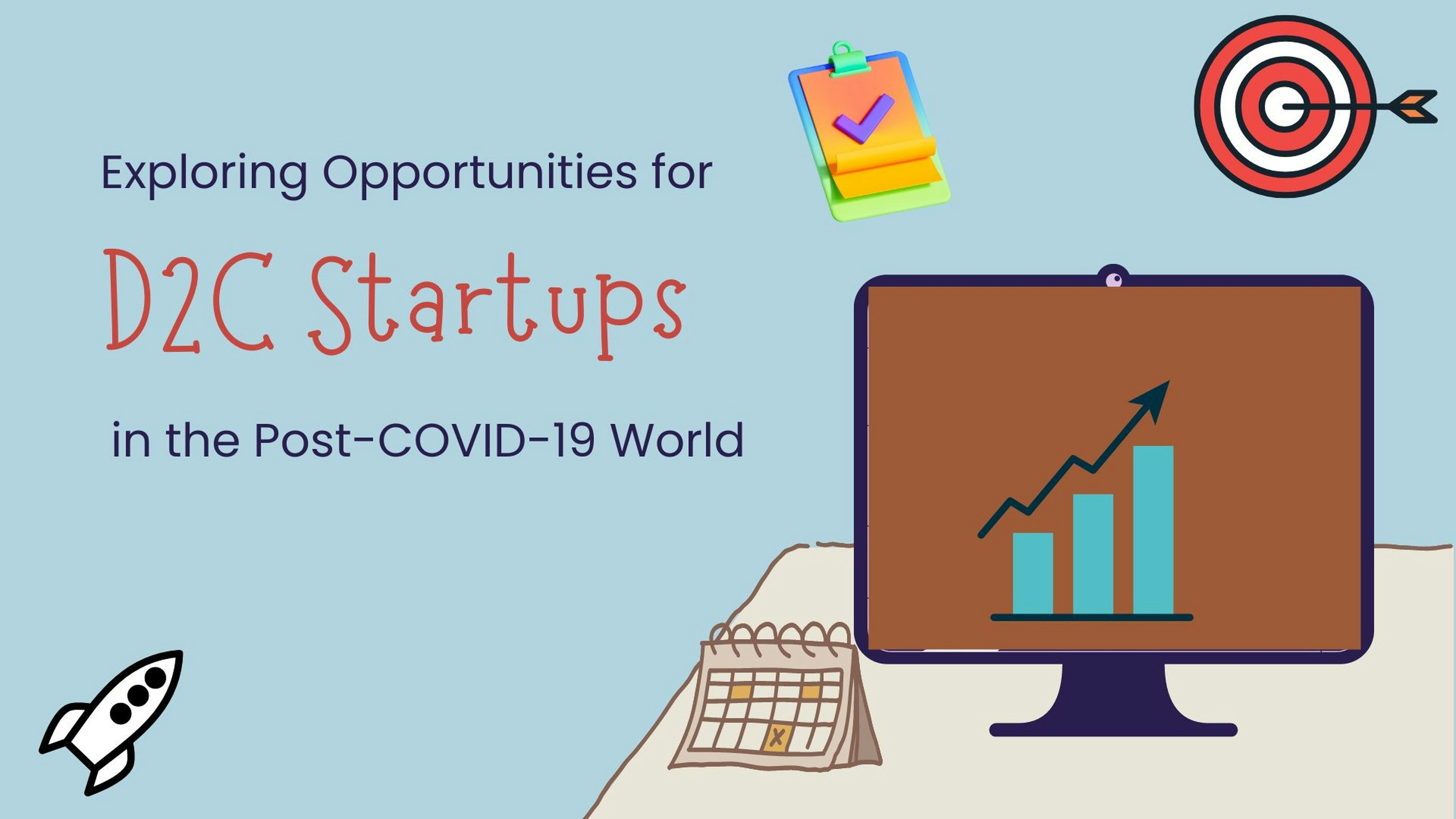
Understanding Business Structure
When establishing an online startup, selecting the proper business structure is crucial as it will determine various legal, tax, and operational aspects. The main types of business structures include sole proprietorships, partnerships, limited liability companies (LLCs), and corporations. Each has its benefits and drawbacks.
A sole proprietorship is the simplest business structure, where an individual owns and operates the business. This option provides flexibility and ease of formation; however, the owner assumes complete personal liability for all business debts and obligations. This means personal assets may be at risk in case of lawsuits or financial troubles.
Partnerships, on the other hand, involve two or more individuals sharing ownership. This structure can benefit from pooling resources and skills, but it also means that partners are jointly responsible for liabilities. Different types of partnerships, such as general and limited, vary in liability and management roles.
Limited Liability Companies (LLCs) combine the advantages of partnerships and corporations. An LLC provides personal liability protection to its members while allowing for pass-through taxation, meaning profits are taxed only at the individual level, avoiding double taxation typical in corporations. This structure is ideal for many online startups because it allows flexible management.
Corporations are more complex entities that provide the most substantial liability protection to owners, known as shareholders. This structure can raise capital more quickly by selling shares; however, they are subject to stricter regulatory requirements and potential double taxation on corporate profits and dividends paid to shareholders. Startups must select a structure that aligns with their legal needs, future growth, and operational objectives. Understanding these business structures is essential to making informed decisions and shaping the startup’s success trajectory.
Intellectual Property Rights
Intellectual property (IP) rights are crucial for online startups in the digital landscape. They legally protect unique ideas, products, and services. Safeguarding these intellectual properties is essential, as they form the foundation of a startup’s competitive advantage.
There are several types of IP that online startups should consider. Trademarks protect brand names, logos, and slogans that distinguish a business in the marketplace. Copyrights are vital for creators of original works such as software, literary compositions, and visual arts, granting them the exclusive right to reproduce, distribute, and display their creations. Patents are essential for those who innovate new inventions or processes, offering a monopoly on using and producing an invention for a specified period. Meanwhile, trade secrets, such as customer lists and proprietary algorithms, encompass confidential business information, practices, or strategies that provide a competitive edge.
The process of securing these rights varies by type. Registration with the U.S. Patent and Trademark Office (USPTO) is advisable for trademarks, although standard law protections may apply to unregistered marks. Registration is optional for copyrights but offers additional legal leverage in infringement cases. Patents require a detailed application process and thorough examination to ascertain the invention’s novelty. Trade secrets, on the other hand, rely on robust internal controls to maintain confidentiality and prevent unauthorized access.
Failing to protect IP rights can result in significant consequences, including loss of market position and diminished competitiveness. Competitors could exploit unprotected ideas or branded elements, leading to confusion among consumers. Entrepreneurs should establish comprehensive IP management strategies to ensure the continuous protection of IP as a startup evolves. These strategies may involve regular audits of IP assets, vigilance against potential infringements, and adaptation of protection measures to match the business’s growth trajectory.
Compliance with Online Regulations
As online startups navigate the digital marketplace, understanding and complying with various regulations is imperative. Regulatory requirements can vary significantly based on location and the nature of the business. Still, key areas of compliance include data privacy laws, consumer protection regulations, e-commerce guidelines, and advertising standards.
First and foremost, data privacy legislation such as the General Data Protection Regulation (GDPR) and the California Consumer Privacy Act (CCPA) has set the standard for how businesses should handle personal data. GDPR applies to any entity that processes the personal data of EU citizens, emphasizing individuals’ rights over their data and mandating strict procedures for data collection, storage, and sharing. Similarly, the CCPA grants California residents new rights regarding their personal information, including the right to know what data is collected and request deletion. Startups must implement clear privacy policies, obtain user consent, and ensure adequate data protection measures are in place to avoid substantial fines and protect their reputation.
Moreover, consumer protection regulations are critical in ensuring fairness in advertising and selling goods and services online. Startups must be transparent about their products, prices, and terms of service. The Federal Trade Commission (FTC) outlines specific guidelines on truth in advertising, which require that all claims be substantiated and not misleading. Compliance with e-commerce rules also necessitates secure payment processing and a clear returns policy, which helps build customer trust.
Lastly, advertising guidelines specify how businesses can market their products to avoid deceptive or unfair practices. Online startups should familiarize themselves with these regulations to ensure their promotional strategies align with legal requirements. By proactively understanding and enforcing compliance measures, startups can mitigate legal risks and pave the way for sustainable growth in the online marketplace.
 Don’t keep this gem to yourself! Imagine the ripple effect when your post shines brightly, reaching and inspiring the audience it was meant for. By sharing it, you’re not just spreading a message; you’re creating a wave of positivity and connection that could change someone’s day—or even their life. Let’s amplify its impact together—will you share it and let it sparkle in the spotlight?
Don’t keep this gem to yourself! Imagine the ripple effect when your post shines brightly, reaching and inspiring the audience it was meant for. By sharing it, you’re not just spreading a message; you’re creating a wave of positivity and connection that could change someone’s day—or even their life. Let’s amplify its impact together—will you share it and let it sparkle in the spotlight?Contracts and Agreements
In the digital age, online startups must prioritize establishing essential contracts and agreements that protect their interests and outline their operational frameworks. The most critical documents are terms of service (ToS) and privacy policies. The ToS outlines the rules and guidelines for users engaging with the online platform, delineating acceptable usage and setting forth the rights and responsibilities of both the business and its customers. A comprehensive privacy policy, on the other hand, details how the startup collects, uses, and protects users’ personal information, thus ensuring compliance with various data protection regulations.
Non-disclosure agreements (NDAs) are another vital tool for online startups, especially when sharing sensitive information with potential partners or employees. NDAs create a legal framework that prevents proprietary information disclosure, safeguards trade secrets, and maintains a competitive advantage. Furthermore, supplier contracts play a pivotal role in establishing transparent relationships with vendors and service providers, outlining the terms of engagement, expectations regarding deliverables, and payment conditions. Such agreements reduce the likelihood of misunderstandings and disputes arising in business relationships.
Having well-drafted agreements is paramount for online startups, as they help to prevent potential legal conflicts and create a stable foundation for operations. Startups, particularly those not well-versed in legal matters, should consider consulting legal professionals to draft and review these documents. Legal counsel can ensure that contracts are legally binding and tailored to the business’s needs. This proactive approach can mitigate risks and support the startup’s growth trajectory. The importance of these agreements cannot be overstated; they are essential in establishing clear expectations with customers and partners alike.




